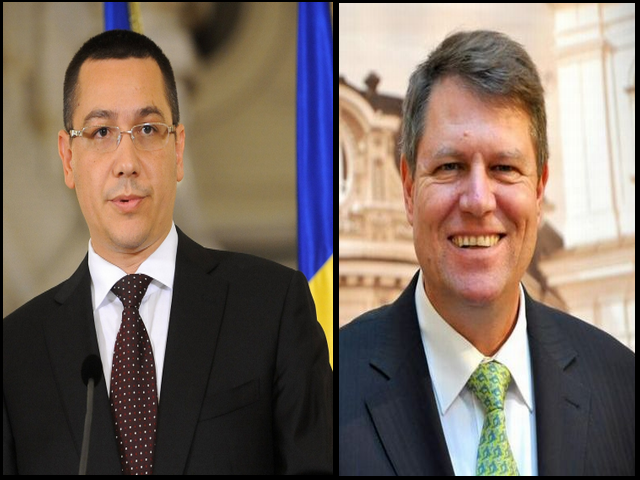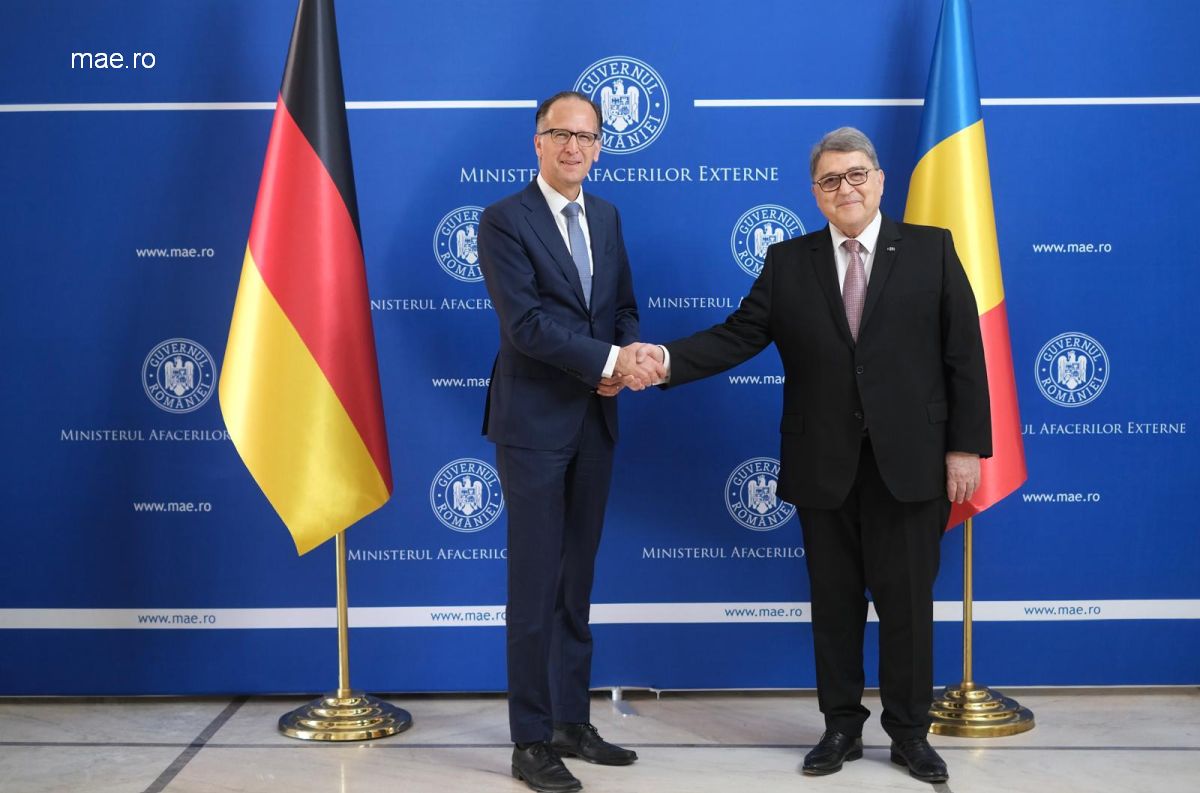Political developments ahead of the presidential elections
As expected, Romania’s Social Democrat prime minister has made public his intention to run for president in the November elections, saying he will officially ask for his party’s support at a National Council meeting next week. Ponta also relies on the Conservative Party and the National Union for the Progress of Romania, two small parties that are part of the ruling coalition. Ponta is already favourite to win the elections in the opinion polls conducted so far.

Florentin Căpitănescu, 25.07.2014, 13:06
As expected, Romania’s Social Democrat prime minister has made public his intention to run for president in the November elections, saying he will officially ask for his party’s support at a National Council meeting next week. Ponta also relies on the Conservative Party and the National Union for the Progress of Romania, two small parties that are part of the ruling coalition. Ponta is already favourite to win the elections in the opinion polls conducted so far.
At 42, he is considered a representative of the new wave of Romanian politicians. A former MP, state secretary, minister and party leader before becoming the country’s prime minister, Ponta has had a successful career as a politician. Some commentators say, however, that as a prime minister he has had an unconvincing performance, despite being in office for more than 2 years. Another weakness has to do with the controversy around his academic achievements, following allegations of plagiarism in his doctoral thesis. In spite of all this, Ponta remains a strong candidate, with a strong party to support him, a party capable to mobilise its voters when the time comes.
On the other side of the political spectrum, the right wing has also started its preparations for the presidential elections. This week, Klaus Iohannis, the mayor of Sibiu and the leader of the centre-right National Liberal Party, the main opposition party in this country, was nominated to run for president on behalf of his party. A representative of the ethnic German minority in Romania, Iohannis is the second favourite in opinion polls. He has a good public image based on his performance as a hardworking and reliable city mayor and as a politician capable of showing discretion and restraint. In the opinion of political commentators, Iohannis is Ponta’s only true rival.
To be able to run for president, however, Iohannis has to win the race against Catalin Predoiu, the candidate proposed by the Liberal Democratic Party, also in the centre-right opposition. The two opposition parties, which will soon merge to form one big party, will have a common candidate in the presidential elections, to be decided by opinion polls. Kelemen Hunor, the leader of the Democratic Union of Ethnic Hungarians in Romania, in the government, and Cristian Diaconescu, from the pro-presidential, centre-right People’s Movement Party, will also run for president.






























